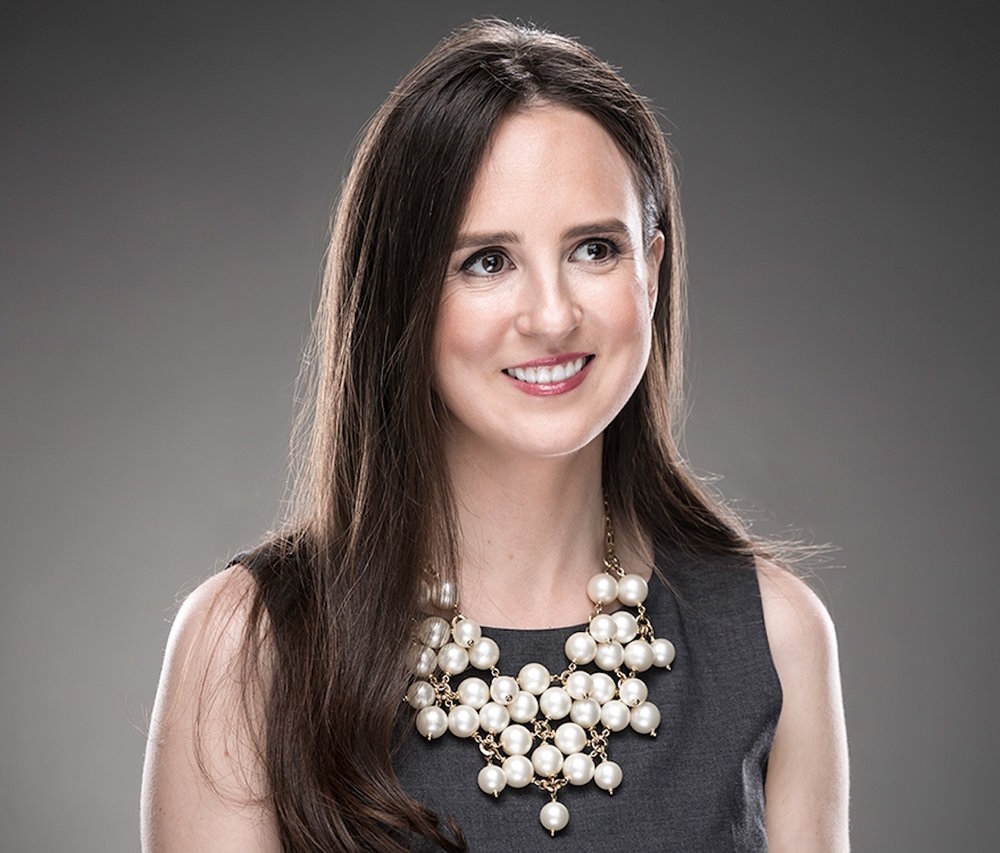Looking forward to the Detroit Startup Week (May 22-26) and Techweek Detroit (May 23), here’s a look at just how fertile Detroit is when it comes to growing and sustaining new tech business.
Announcement: Detroit is up off its deathbed, thank you very much.
One of the newer markets to the tech hub scene and a historical underdog, Detroit’s reputation was for a long time wrapped up in its own tarnished past. The mere mention of its name evokes a raised eyebrow and a “why?” from outsiders.
But outsiders are starting to pay attention to Detroit’s new narrative, and insiders are saddling up for the ride. The big shift truly happens not when the locals stop leaving, but when new people are drawn in, whether by abundant resources, low cost of living, or lively startup scene. And that is what’s happening in Detroit.
Detroit’s Entrepreneurs
Detroit continues to polish the chrome of its evolution with a startup ecosystem focused on a mix of sustainability, SaaS platforms, and transportation innovation. Quicken Loans founder Dan Gilbert, the Techstars Mobility accelerator, and a growing number of venture capital funds are at the heart of this transformation. Ted Serbinski, a Silicon Valley transplant and the Managing Director of Detroit’s Techstars Mobility, says, “The biggest challenge of the Detroit region is the perception. People who have never been here before say anything from ‘It’s unsafe,’ to ‘No one lives here.’ Until they visit and see everything that is going on. Then they usually say they can see themselves living here.”
Techstars Mobility invests in building technologies that affect how people and goods move across the globe. The accelerator is responsible for two of their companies permanently relocating to Detroit: Lunar and SPLT, both from New York City, and four others have opened up offices in Detroit: HAAS Alert, Spatial, Acerta, Drive Spotter.
“Two of Detroit’s biggest strengths right now are the entrepreneurial ecosystem and the energy surrounding it. When it comes to what’s happening in Detroit with mobility, we say it’s not Silicon Valley versus Detroit, it’s Silicon Valley plus Detroit. Because if you’re in the mobility space, you need to have a presence in Southeast Michigan,” he said. “We’ve had one company come through the program that was from Michigan. The rest are from other cities and countries. We have test tracks here and other industry-focused resources you can’t find in other areas of the country. Our founders also have access to our eight corporate innovation partners, which include Ford, Verizon, Honda, Next 47 (a division of Siemens), Bosch, Munich Re, Dana, and Michelin,” he said.
And the automotive and technology space is taking notice. “Our demos days attract thousands of people from all over the world. A good 40-50 percent of people at demo days are not from the area,” said Serbinski.
Detroit is Move-in Ready, But Still “Emerging”
“My colleagues back in New York thought we were crazy to consider relocating the company to Detroit. But we’re in the mobility space and things are happening in Detroit right now,” said Anya Babbitt, CEO of SPLT, a Techstars Mobility company. She says the draw to come to Detroit was from the company’s acceptance into the inaugural class of the accelerator, but the decision to stay was for bigger reasons.

Anya Babbitt, CEO of SPLT
“Being in Detroit means we have great access to a lot of big brands that are based here, a dedicated and enthusiastic talent pool, and an investor network that is unique to the region,” she said. “The biggest cultural difference we’ve noticed between the network in the Midwest versus the coasts is the team aspect of their participation. It’s a little more challenging to break into the network, gain trust and get funding, but once you do, they support and root for you in a way that’s more participatory than I’ve seen from investors in other regions,” she said.
Although Detroit’s startup community is growing, Serbinski says it’s still considered emerging. “We challenge the region to embrace innovation. It can be siloed. Even though all of these big companies are based here, there is very little crossover. That’s different in Silicon Valley. Facebook, Google, and these other companies in the Valley all have people collaborating or moving around to different opportunities, which strengthens the community,” he says.
Building Businesses for the Long Term and Getting Investors
“An estimated 25 percent of all computer engineering degrees come from Midwest colleges. But the problem is these graduates leave for the coasts looking for work or to start their own company. But they don’t have to,” said Maitlan Cramer, a Michigan based investor with Grand Ventures Fund. “The Midwest is home to 129 of the Fortune 500 and accounts for 20 percent of the U.S. GDP,” says Cramer. “It’s a great place to grow ideas into long-term sustainable businesses. We have seasoned investors here, we’re seeing regionally based global brands partner with our startups, the cost is a bargain compared with places like New York and there is a solid workforce,” he says.
Cramer says the Midwestern work ethic is also a boon for startups and investors. “Millennials on average keep their jobs 13 months, and this constant turnover can be costly and disruptive. We’re seeing employees here wanting to make more of a difference for early-stage companies in the Midwest versus the churn we see in Silicon Valley. And once our companies get some traction, then we might bring in investors from the coasts and expand to other markets like Austin, Denver and Salt Lake,” he said.
Midwest investors may be more conservative but also open to non-traditional opportunities with high growth potential. “We’re looking for people that know how to scale a company, not just build a product. Almost 80% of our investments are made with serial entrepreneurs that tend to have more proof points than first timers. Many of them are in their forties and fifties and this isn’t their first rodeo.” He said.
This pragmatic sentiment is echoed by SPLT founder Anya Babbit: “One of the big reasons for our success is that we also come to the table with strategy and consulting for our clients. It’s not just about a one-and-done transaction. It’s about a partnership. We know that people are fickle and do not have much loyalty to these platforms that are purely transactional or apps that can simply be deleted to make room on a phone. It’s not necessarily the benchmark for building a technology business anymore, especially if the goal is to do business with big brands and organizations. That requires a certain level of service and expertise. Anyone can build a technology, not everyone can build clients and long-term relationships. We hire senior leaders who can walk into a boardroom and command a presence. Our clients need this level of service because we’re solving problems for them that exist globally,” she said.
Heart, Soul and Grit
Amanda Signorelli, CEO of Techweek, a media company which hosts regular events centered around the “everywhere else” concept, says Detroit was on their radar early on for its potential and special flavor.
“All of the markets we’ve identified to host events in are unique. But Detroit has a different heart, soul and grittiness that is unique to the area. We see Detroit celebrate grit in a way that other markets don’t,” she said. “This is the second inning of a very long game. But we’re bullish on Detroit and the Midwest, which is why we’re here,” says Cramer.
Startup Week is hosted by Techstars and powered by Chase for Business, and is focused on celebrating and helping startup businesses of every type and stage.
Brandy Alexander-Wimberly, a frequent contributor to Women 2.0, is an independent technology writer, enterprise digital strategist, startup founder and mentor. Her work has appeared in Fast Company, INC., VentureBeat, and Internet Retailer, and she was a featured presenter at SXSWi 2012. Follow her on Twitter at @SiliconRustBelt.










City Meetup
City Meetup, City Meetup Singapore, Singapore, Tim Draper
Editor
Comment
City Meetup
City Meetup, City Meetup Singapore, Singapore, Tim Draper
Editor
Comment
City Meetup
City Meetup, City Meetup Singapore, Singapore, Tim Draper
Editor
Comment
City Meetup
City Meetup, City Meetup Singapore, Singapore, Tim Draper
Editor
Comment
A few things to know Singapore tech scene.
City Meetup
City Meetup, City Meetup Singapore, Singapore, Tim Draper
Editor
Comment
City Meetup
City Meetup, City Meetup Singapore, Singapore, Tim Draper
Editor
Comment